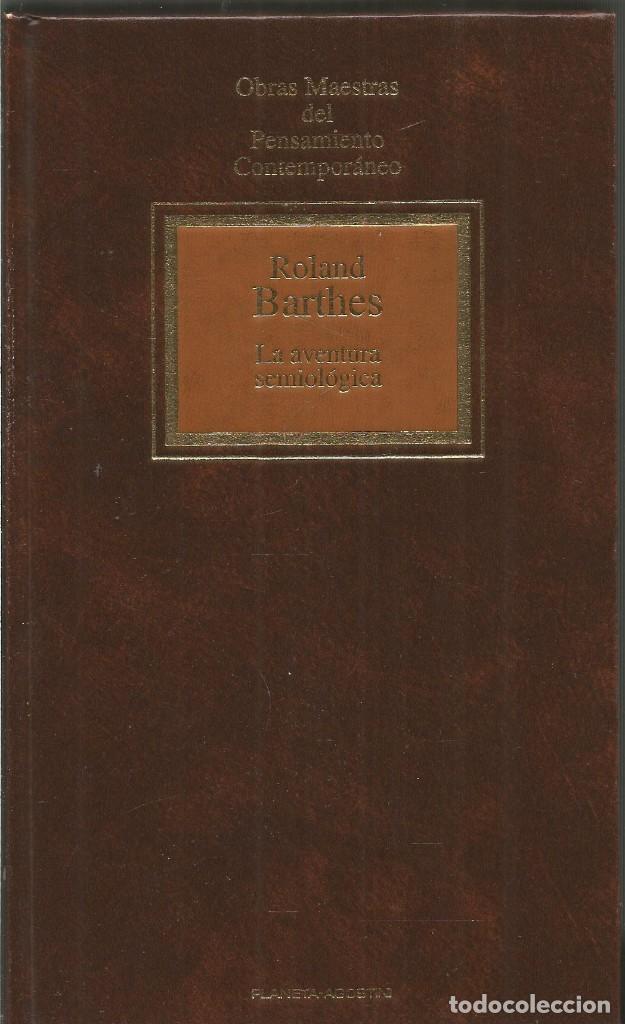

Structuralism does not withdraw history from the world: it seeks to link to history not only certain contents (this has been done a thousand times) but also certain forms, not only the material but also the intelligible, not only the ideological but also the aesthetic. As he put it in “The Structuralist Activity”: His version was sensitive to historical change, despite Saussure’s methodological synchrony. Barthes’ structuralism was of a different sort than that of Louis Althusser, or even Claude Lévi-Strauss, who declined to oversee his thesis in the 1950s. When he was still a structuralist, however, this dimension of his thinking could scarcely be ignored. Roland Barthes’ Marxism tends to get downplayed, especially in light of his post-1968 “turn” toward deconstruction. The Language of Fashion (compiled posthumously from Œuvres complètes 1993, 1994, 1995)īelow I have composed a brief sketch of Barthes’ early political leanings, broken into three parts and interspersed with snippets from his biography and articles he wrote.The Rustle of Language (posthumously published in 1984).Camera Lucida: Reflections on Photography (1980).“An Introduction to the Structuralist Analysis of Narrative” (1966).

“Seven Photo Models of Mother Courage” (1958).Here are a number of books I’ve found across the web by the French semiologist and literary critic Roland Barthes, all of them downloadable as PDFs:


 0 kommentar(er)
0 kommentar(er)
